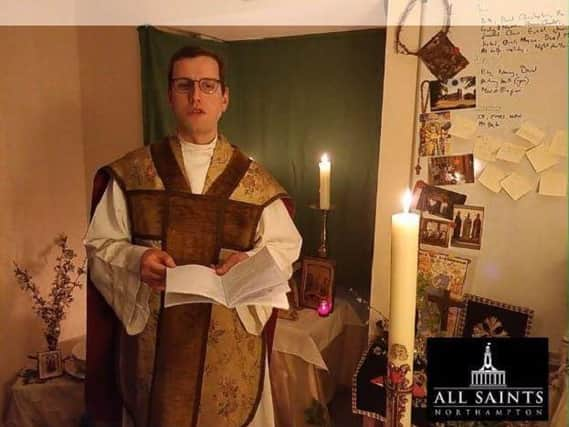'Be mindful of what you are doing and not just doing what you like as infection rates rise again'


‘We’ll go to the Winchester, have a nice cold pint, and wait for all this to blow over,” so says the titular character of the zombie-apocalypse comedy movie Shaun of the Dead, in words that repeated on us as the pubs reopened just a few weeks ago.
Regrettably, of course, this has yet to blow over, and so we have some invidious choices to make. Even some that might make going to the pub exceedingly difficult.
Advertisement
Hide AdAdvertisement
Hide AdDespite the sensible warnings of local lockdowns and an infection rate that has lately ceased to decline again, the news of more mild and asymptomatic infections and declining mortality and serious illness is welcome.
But we ought to be alert to what might happen when as autumn draws in, and our Vitamin D levels begin to decline.
Meanwhile, reports from Sweden – and other countries that sidestepped the hard lockdown that has been our lot – lend further credence to the idea that preventative measures have been disproportionately costly, not merely to society and the economy, but to public health as well.
What we don’t know, and what we didn’t see coming, can introduce enormous risk into these cycles.
Advertisement
Hide AdAdvertisement
Hide AdIn an effort to address what is likely to be massive damage to children and young people during this pandemic, the government announced this week that we might have to decide between schools and pubs (surely a no-brainer?) when September comes.
In Lebanon, it appears a decision made six years ago caused one of the largest non-atomic explosions ever known last week; resentment boiled over on to the streets of Beirut at the weekend as victims and families challenged those who’d made that decision.
I guess if there are choices to be made there are always going to be losers. Making decisions without the full facts is a regrettable part of life.
At the end of July, Christians celebrated the feast day of Saint Ignatius of Loyola. In his life he founded the Jesuit order (of which Pope Francis is a member, the first Jesuit to become pope) and wrote a celebrated set of Spiritual Exercises, including a noted guide to making good decisions.
Advertisement
Hide AdAdvertisement
Hide AdHe asks his reader to be mindful of the emotions we attach to decisions; even if they’re blunt and materialistic they remain emotional. Do they surface from power or greed? Are they selfless or selfish? Does it serve the good of others or of the self first?
He suggested people should not make decisions on their own, and sought intimate friends to guide his own decision-making. He wasn’t afraid to expose his thoughts and emotions with others, believing they came to make better sense thereby.
Even if circumstance or secrecy means we must decide alone, there’s much to be gained from imagining how someone else might react to it. Ignatius even suggests we picture ourselves on our deathbeds thinking back over our lives when suddenly the memory of this decision comes to us: what would we say about it then?
As infection rates rise again, and as sparks of a spike glow in the heart of our own community, we seem to have become deeply suspicious of other people’s decision-making – decisions to go to the pub, to open schools, to head to Bournemouth on a sunny day, to ramp up the rhetoric and messaging of caution.
Advertisement
Hide AdAdvertisement
Hide AdThe solution might be to exhibit a little more that we are mindful of what we’re doing, and not just doing what we like. More to the point, and beyond caring/not caring what other people think (which is surprisingly important when we are all in the same boat), it is also a window to what we think about ourselves.